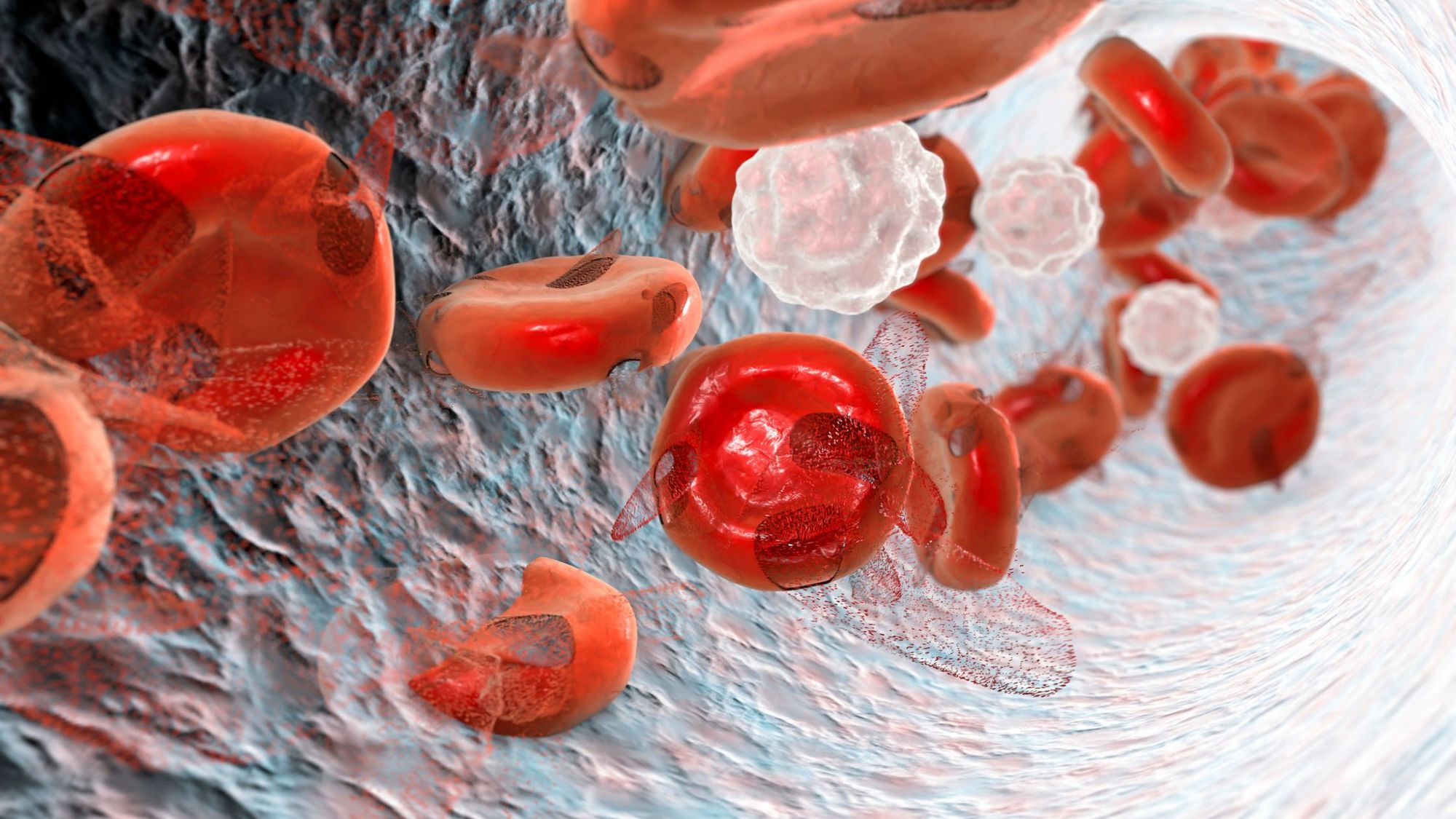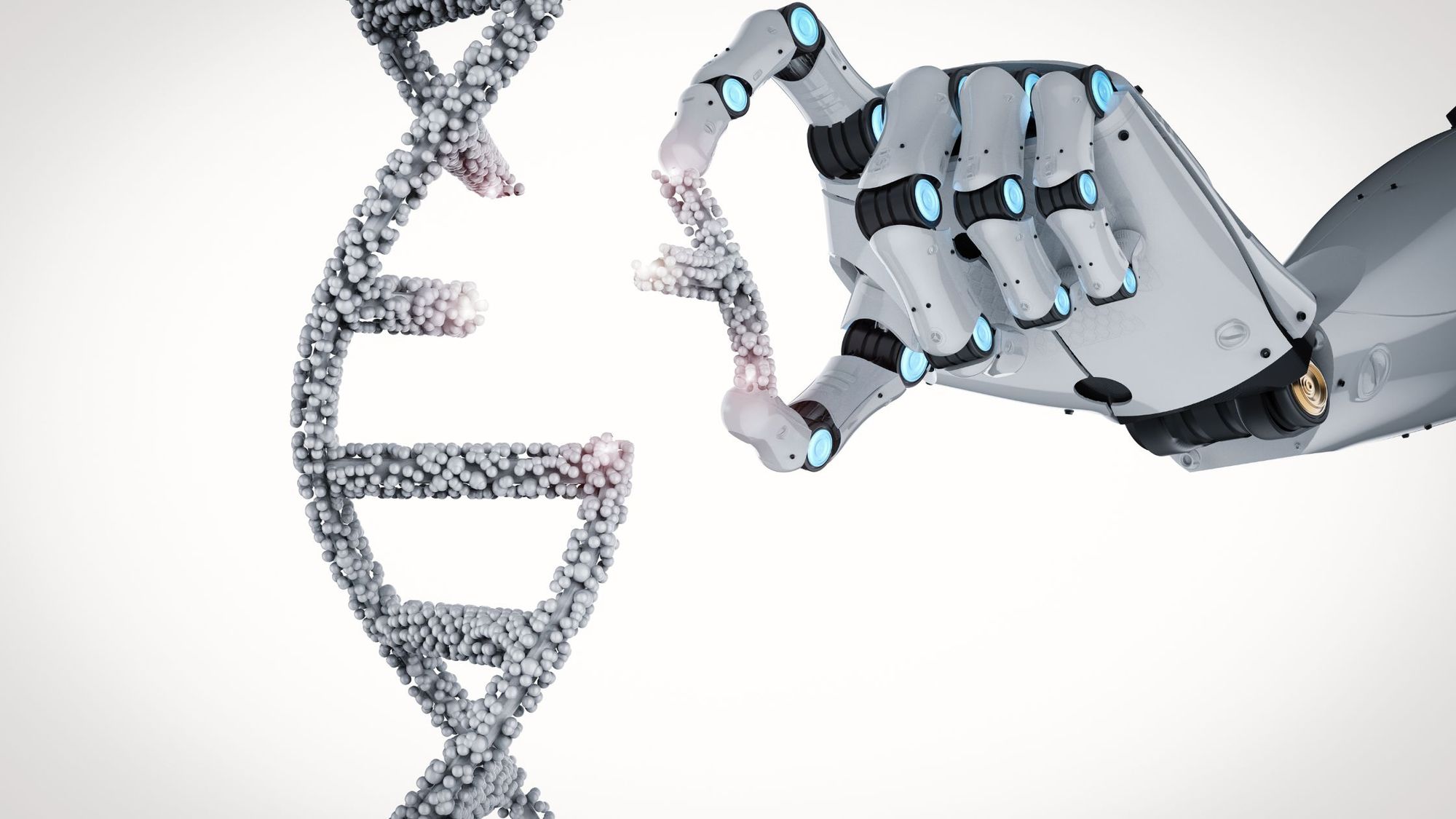
One of the most common inherited diseases is Sickle Cell Disease, an inherited blood disorder that causes many health complications. How is Sickle Cell Disease inherited? By having a mother and father who are both carriers of the genetic mutation that causes it.
Sickle Cell Disease is sometimes referred to as Sickle Cell Anemia. This is a lifelong hereditary disease caused by abnormalities or mutations in genes responsible for encoding the hemoglobin protein.
It’s not just physical traits (like eye color) or behavioral traits (like being a night owl) that are passed down from parents to offspring. Unfortunately, diseases and disorders can also be passed down, causing children to inherit diseases.

How is Sickle Cell Disease Inherited, and is it Rare?
Sickle Cell Disease is a genetic blood disorder that can be inherited and manifest in a child when both of their parents are carriers of the mutated HBB gene that causes it. If the biological mother and father are both carriers of this genetic disease(which happens rarely) there is a 25% chance that their child will be born with Sickle Cell Disease.
However, if the child inherits only one copy of the mutated gene from either their mother or their father, the baby won’t show any symptoms. There is a 50% chance that the child will be a carrier and may pass on the defective gene to future children.
Sickle Cell Disease is inherited by children who typically have parents that didn’t know they are carrying a genetic mutation for the disease.
In the United States, the CDC (Center for Disease Control) says that Sickle Cell Disease affects 100,000 Americans, mostly those with African American heritage. For example, 1 in every 365 African American babies is diagnosed with Sickle Cell while 1 in every 16,300 Hispanic-American babies is born with it. This genetic disease is also common in people of Indian, Middle Eastern, sub-Saharan Africa, or Mediterranean descent. Fortunately, modern medicine has limited the mortality rate of this disease.

Testing Yourself for Genetic Mutations
If you and your partner are planning to start a family, you may want to consider getting your DNA tested for gene mutations that can cause your child to inherit diseases such as Sickle Cell Disease. This particular disease is caused by genetic mutations in the HBB gene, which is the gene that provides instructions for making one part of hemoglobin. If you and your partner both take a CircleDNA test and your DNA test results indicate that both of you carry a genetic mutation in the HBB gene, you may want to speak to your doctor about family planning and options that are available to reduce the risk of the child being affected by this condition. Although both of you carrying this genetic mutation doesn’t guarantee that your child will get Sickle Cell Disease, the risk to your future child is still quite significant.
Sadly, this disease is a serious one that no parent would ever wish on their children.
With Sickle Cell Disease, the normal donut-shaped red blood cells become abnormal, and morph into the crescent-like shape of a sickle. As a result, the red blood cells with abnormal hemoglobin protein clump together. They end up being stuck in narrow blood vessels and clog the blood flow, reducing oxygen levels in blood, and leading to extreme pain and health complications, such as infection, acute chest syndrome and stroke.
Health Complications Caused by Sickle Cell Disease
This blood disorder can cause health problems such as:
- Chronic anemia (iron deficiency)
- Infection
- Avascular Necrosis (death of one’s bone tissue)
- Acute Respiratory Syndrome
- Multi-organ damage such as damage to the heart, lungs, and kidneys
- Risk of blood clots
- Fever
- Acute Chest Syndrome
- Liver and kidney problems
- Leg ulcers
- Vision problems
- Pulmonary Hypertension (high blood pressure in the lungs)
- Chronic pain (anywhere in the body such as the back, arms, legs or chest.)
As you can see, many serious health problems are linked to Sickle Cell Disease. Although modern medicine has reduced the mortality rate of Sickle Cell Disease, it is a serious disease that could still lead to death.
It’s important to note that sickle cells can block blood flow to organs and therefore can deprive the affected organs of crucial nutrients such as oxygen and blood. With this inherited blood disorder comes blood that’s often dangerously low in oxygen.
Low-oxygen blood can cause damage to one’s organs, including their heart, liver, kidneys, and spleen. Sometimes, damage to organs can lead to death.
However, the severity of health complications and symptoms of Sickle Cell Disease varies from person-to-person.
Watch for early symptoms of Sickle Cell Disease such as swelling of the hands and feet, vision problems, chronic anemia, frequent infections, unexplained episodes of pain, or delayed puberty. Speak to your doctor if you notice symptoms like these, as you may not know that you’ve passed this disease to your child. After all, not everyone is aware that they’re carrying genetic mutations that cause diseases such as Sickle Cell Disease. Not everyone has had their DNA tested. If you unknowingly passed this genetic health condition to your child, the best thing you can do is be responsible enough to get them the best possible medical care.
References:
- Data and Statistics on Sickle Cell Disease (CDC) https://www.cdc.gov/ncbddd/sicklecell/data.html
- Sickle Cell Disease: MedicinePlus Genetics https://medlineplus.gov/genetics/condition/sickle-cell-disease/#causes







Comments are closed.